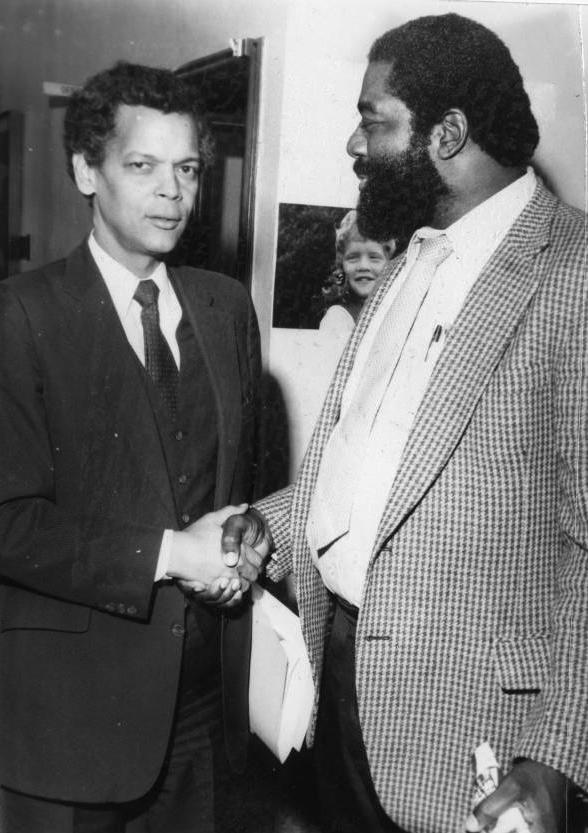In 1968, the national Presidential Advisory Commission on Civil Disorder (the “Kerner Commission”) concluded that the United States comprised two separate and unequal societies, one Black, the other white. In response to that report, the Jewish, Catholic, and Protestant faiths in Indianapolis founded the Indiana Interreligious Commission on Human Equality (IICHE) to design and implement programs to promote social and racial justice and interreligious dialogue.

The commission was comprised of 21 institutional members (“judicatories”) that included church conferences, dioceses, synods, and organizations. These members, plus 10 at-large representatives with strong roots in the Indiana faith community, formed the board of directors. Each judicatory contributed an annual gift toward the commission’s operating expenses.
In September 1968, the commission addressed employment discrimination against Black Hoosiers through Project Equality. The organization’s first statewide program, Project Commitment, led to a series of interracial discussion groups. Other programs included Interreligious Consultations (1973-1975) and Education: The Unfinished Revolution (1976-1977), both focusing on school desegregation. The commission sponsored the Dr. Martin Luther King Jr. Essay Contest for Indiana schoolchildren and conducted numerous public forums on issues ranging from human rights violations in Central and South America and apartheid in South Africa to Jewish-Christian dialogues and discrimination in social services.
While the IICHE was able to maintain its programming into the 1990s, the organization ultimately closed due to a lack of funding. Its last day of operation was December 19, 1998.

Help improve this entry
Contribute information, offer corrections, suggest images.
You can also recommend new entries related to this topic.